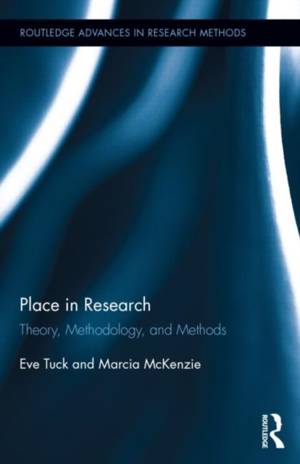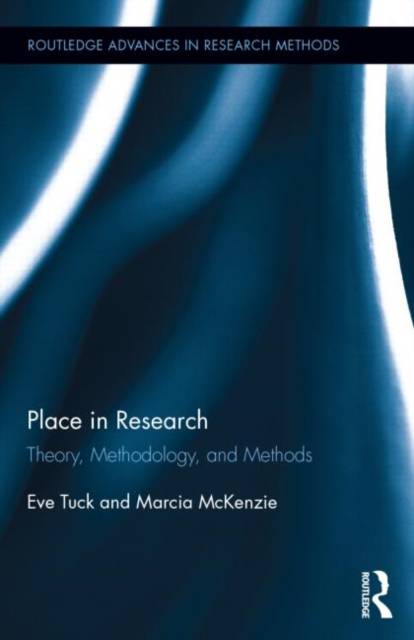
- Retrait gratuit dans votre magasin Club
- 7.000.000 titres dans notre catalogue
- Payer en toute sécurité
- Toujours un magasin près de chez vous
- Retrait gratuit dans votre magasin Club
- 7.000.0000 titres dans notre catalogue
- Payer en toute sécurité
- Toujours un magasin près de chez vous
Description
Bridging environmental and Indigenous studies and drawing on critical geography, spatial theory, new materialist theory, and decolonizing theory, this dynamic volume examines the sometimes overlooked significance of place in social science research. There are often important divergences and even competing logics at work in these areas of research, some which may indeed be incommensurable. This volume explores how researchers around the globe are coming to terms - both theoretically and practically - with place in the context of settler colonialism, globalization, and environmental degradation. Tuck and McKenzie outline a trajectory of critical place inquiry that not only furthers empirical knowledge, but ethically imagines new possibilities for collaboration and action.
Critical place inquiry can involve a range of research methodologies; this volume argues that what matters is how the chosen methodology engages conceptually with place in order to mobilize methods that enable data collection and analyses that address place explicitly and politically. Unlike other approaches that attempt to superficially tag on Indigenous concerns, decolonizing conceptualizations of land and place and Indigenous methods are central, not peripheral, to practices of critical place inquiry.
Spécifications
Parties prenantes
- Auteur(s) :
- Editeur:
Contenu
- Nombre de pages :
- 216
- Langue:
- Anglais
- Collection :
- Tome:
- n° 9
Caractéristiques
- EAN:
- 9780415626729
- Date de parution :
- 27-08-14
- Format:
- Livre relié
- Format numérique:
- Ongenaaid / garenloos gebonden
- Dimensions :
- 155 mm x 229 mm
- Poids :
- 430 g

Les avis
Nous publions uniquement les avis qui respectent les conditions requises. Consultez nos conditions pour les avis.






